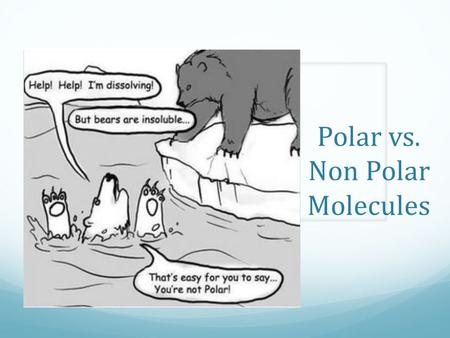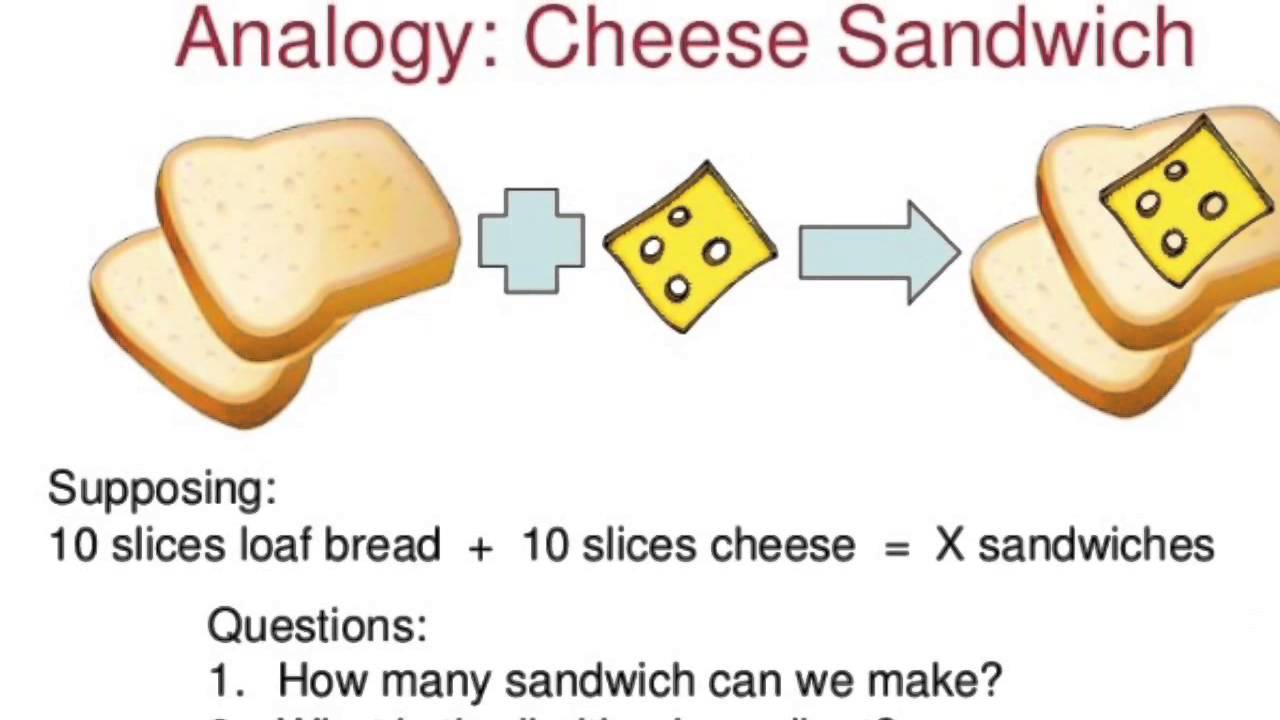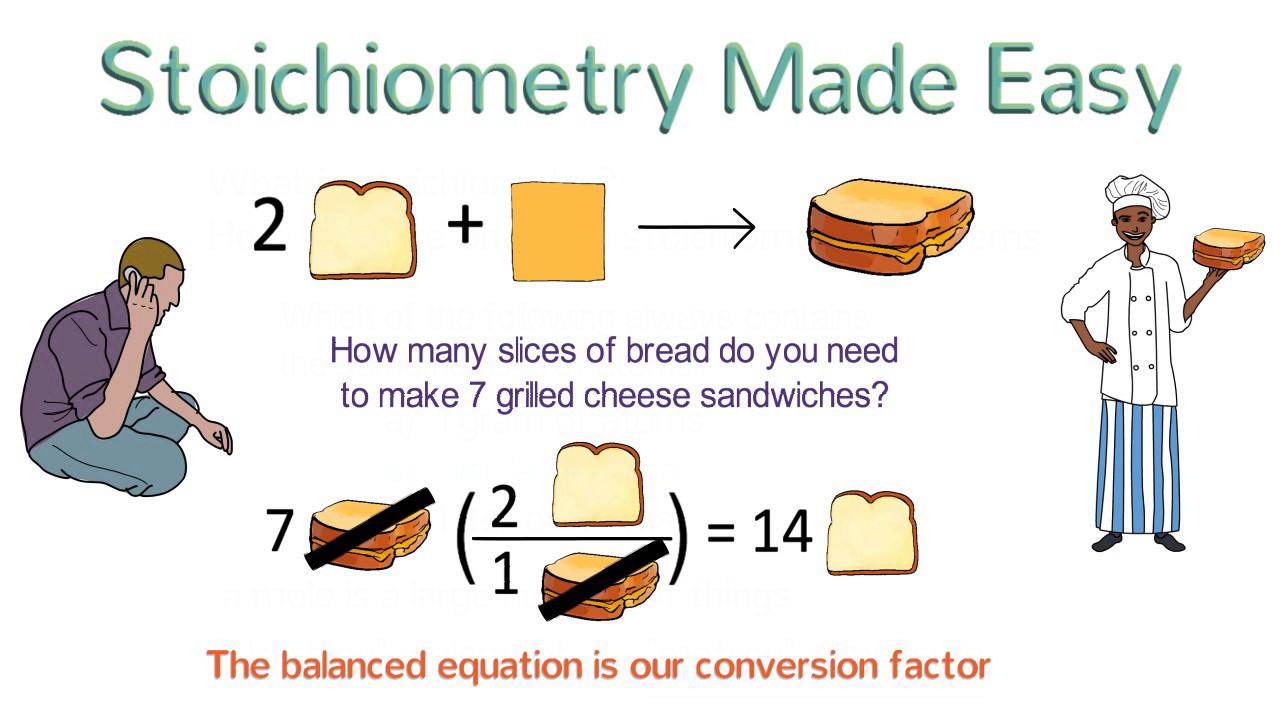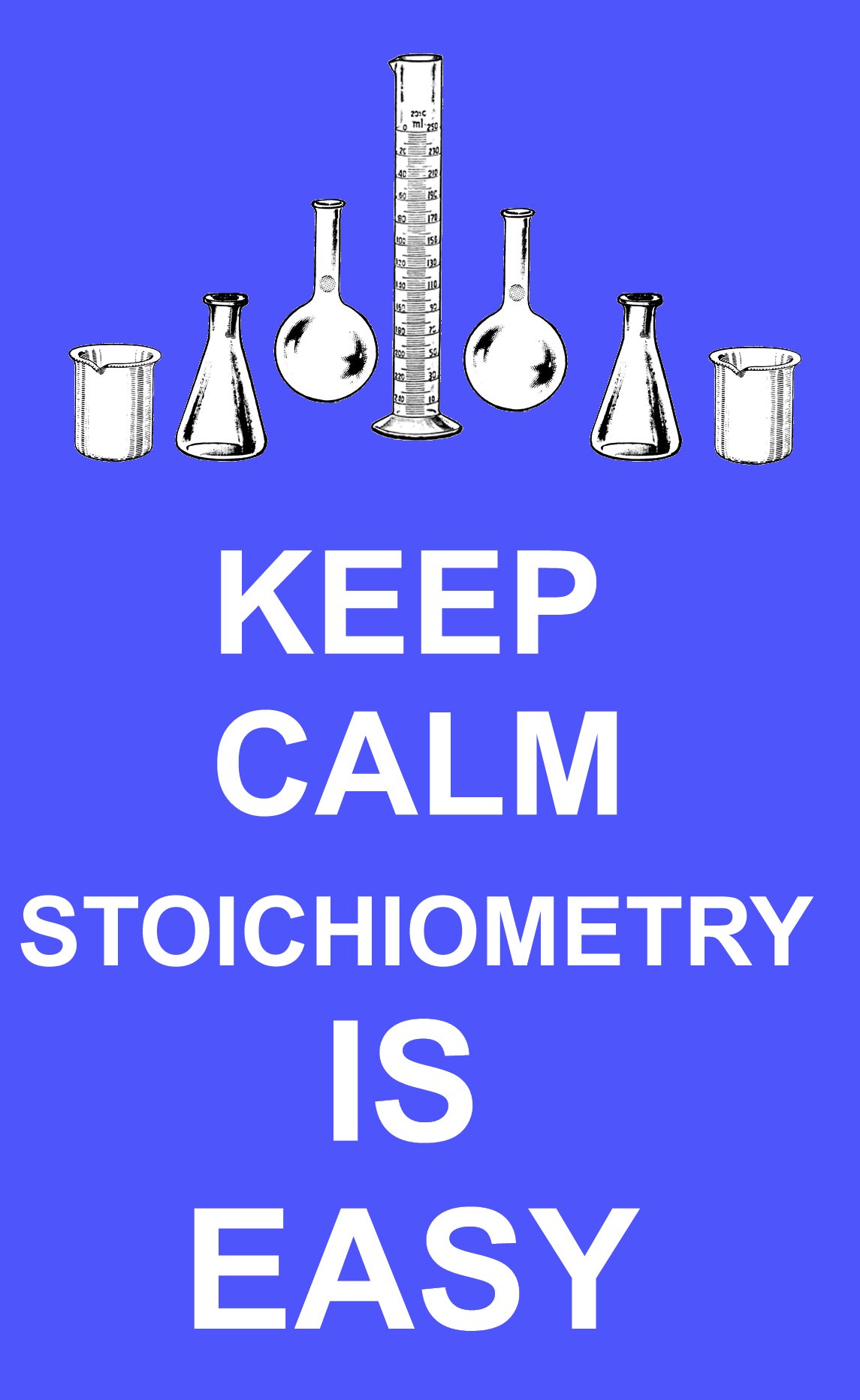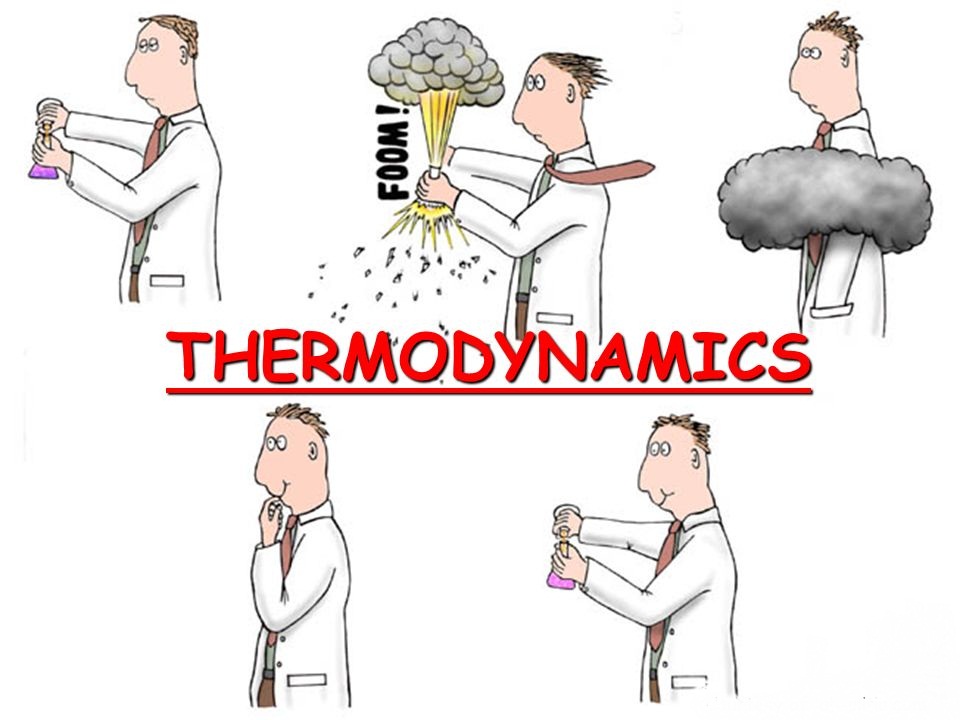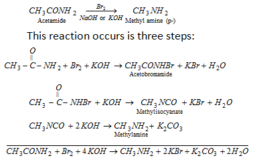Polar molecule

source : socratic.org
Dipole moment:
A covalent bond formed between two dissimilar atoms is always polar.
A – B or Aδ+ – Bδ-
A polar bond has two poles positive and negative poles like a magnet.
u(dipole moment ) = q × d
unit of dipole moment is Debye.
1 D =10-14 esu-cm.
1 D = 3.3 × 1030 coulomb-meter.
We know that esu is electro static unit .
Polar and Nonpolar molecules :
Molecules having polar covalent bond may be polar and nonpolar molecule. Molecules which have dipole moment are called polar molecules & which do not have dipole moment are called nonpolar molecules.
a) If a molecule contains two or more polar bonds, the molecule may or may not have dipole moment. Thus the molecule may or may not be polar.
If the dipole moment of molecule is zero. It is nonpolar molecule even then it contains polar bonds. If the molecule has dipole moment it is a polar molecule.
Question : CO2, BeCl2, BF3, CCl4, CS2,HgCl2 etc all have polar bonds but molecule is nonpolar why?
Solution : Because vector sum of all dipoles is zero or dipole moment is zero. Hence all the molecules are nonpolar.

source : chemistry.tutorvista.com
Question: SO2 is polar but SO3 is nonpolar why?
Ans. SO2 has dipole moment and its structure is angular . Hence it is polar molecule. Dipole moment of SO3 molecule is zero and its structure is triangular. Hence SO3 is nonpolar molecule.

Question: BF3 and NF3 both have polar covalent bond but BF3 is nonpolar and NF3 is polar molecule why ?
Solution :


source : www.dynamicscience.com.au
BF3 molecule is nonpolar molecule because its dipole moment is zero. It has polar bonds but vector sum of their dipole moment is zero. Its structure is plane triangular and angle is 120 o. NF3 has some dipole moment and its structure is pyramidal. Hence it is polar molecule.
Question : Dipole moment of NH3 > NF3 why ?
Solution :



source : slideshare.net
Both have pyramidal structure. The direction of dipole moment of polar bonds and that of lone pair of electrons on N-atom is shown above.The resultant dipole moment of N-H bonds and that of lone pair of electrons adds up in NH3 molecule.In NF3 the resultant dipole moment of N-F bonds and that of lone pair of electron is in opposite direction and cancel each other. Hence dipole moment of NH3 > NF3.
